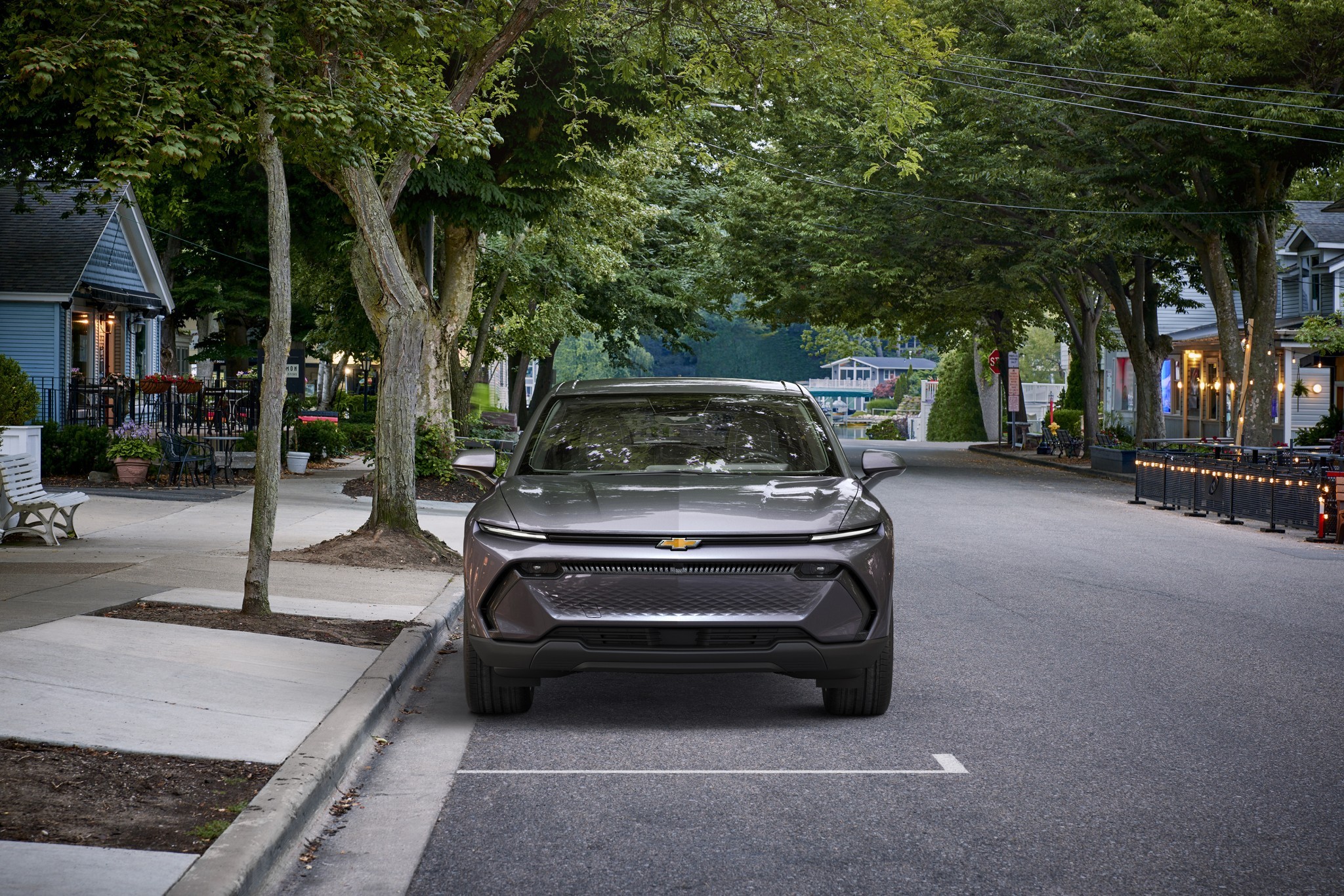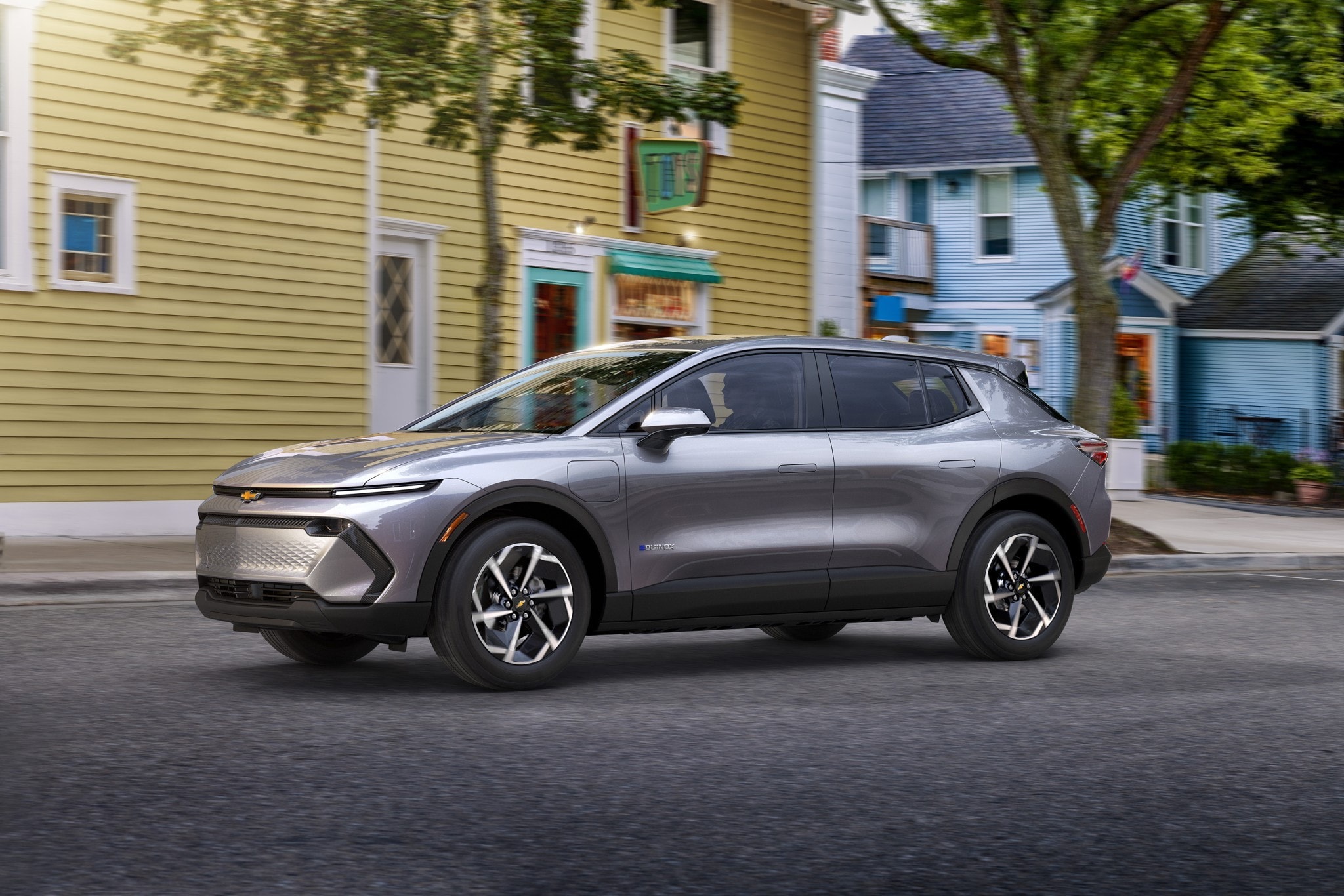Recently, a Hyundai owner uncovered that his vehicle was transmitting detailed driving behavior data, such as trip frequency, hard braking, rapid acceleration, and driving times, even without Bluelink being activated.
This discovery comes in the wake of Hyundai’s three-year-old initiative, which aimed to help customers secure lower insurance rates through a driving score program that monitored average speed, driving frequency, mileage, and instances of hard acceleration or braking.
However, the program faced criticism as some owners did not receive their weekly Bluelink scores, while others found the criteria overly strict. Furthermore, even those who opted out realized that their vehicles still sent data to Hyundai’s partner, Verisk.
To make matters worse, the opt-out page for selling personal data was reportedly malfunctioning for some time. Disillusioned by these issues, the owner has decided never to buy a Hyundai again.

Data collection by connected vehicles is a widespread practice, yet it often lacks transparency and customer choice. While some Hyundai owners criticized a dissatisfied customer for not understanding Bluelink and Verisk policies, it’s unreasonable to expect all car owners to possess technical proficiency.
Good drivers shouldn’t be punished for not understanding legalese or complicated privacy terms. This is not a singular problem. When a Florida GM client found out his insurance rate had risen as a result of comprehensive driving data, he sued GM, OnStar, and LexisNexis. The plaintiff filed a class action lawsuit despite the matter going to mediation.
Manufacturers, like Mazda, have the authority to determine how to utilize the data they gather. Customers must ask an authorized store to request that data collection be disabled. Car owners must study privacy regulations, discover ways to opt-out, and make sure their driving data isn’t gathered against their will until the US enacts comprehensive data protection legislation akin to those in the EU.

